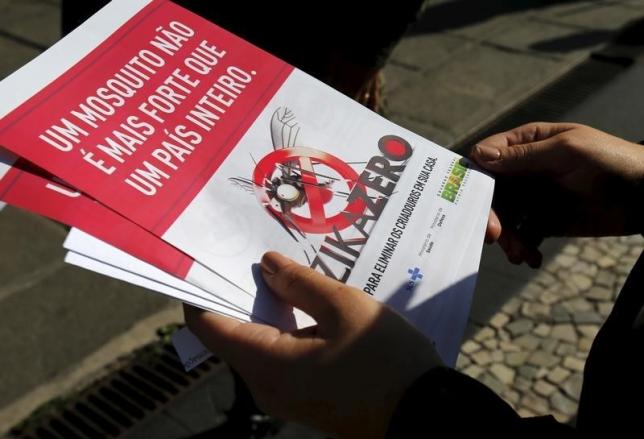According to Reuters, new research attempting to calculate the risk of the Zika virus at the Olympics in Rio de Janeiro may reassure organizers and many of the more than 500,000 athletes and fans expected to travel to the epicenter of the epidemic.
Controversy about the global gathering in August has grown as more about the disease becomes known. The mosquito-borne virus can cause crippling birth defects and, in adults, has been linked to the neurological disorder Guillain-Barre.
The World Health Organization, acknowledging the concern, has called a meeting of its Zika experts to evaluate the transmission risk posed by the Olympics.
The debate has played out largely in the absence of models calculating the risk to tourists attending the Olympics. New projections obtained by Reuters suggest the risk is small.
One Sao Paulo-based research group predicted the Rio Olympics would result in no more than 15 Zika infections among the foreign visitors expected to attend the event, according to data reviewed by Reuters.

A Brazilian Army soldier shows pamphlets during the National Day of Mobilization Zika Zero in Rio de Janeiro, Brazil, February 13, 2016. REUTERS/Sergio Moraes
The projection echoes that of a separate group of Brazilian scientists, also based at the University of Sao Paulo, in a study published in the journal Epidemiology & Infection in April. It found the Olympics would result in no more than 16 additional cases of the disease.
Neither study attempted to assess the risk of even a single Olympics traveler carrying the virus back to a vulnerable home country — a central concern of recent calls to reconsider the venue of the Games.
But a team of U.S. government epidemiologists calculated that Olympics visitors would account for .25 percent of the total risk of spreading Zika through air travel. That was based on 2015 data showing about 240 million people moved to and from areas that now have active transmission.
“Even if the Games were totally shut off and stopped, and the whole thing were canceled, 99 percent of that risk is still ongoing,” Dr. Martin Cetron, director of global migration and quarantine for the U.S. Centers for Disease Control and Prevention, said in an interview.

